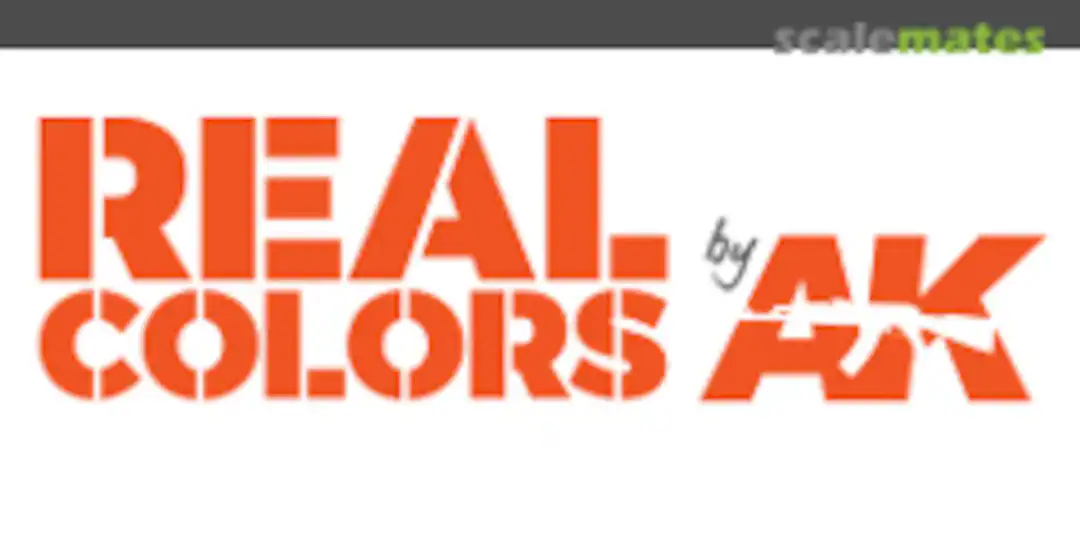MRAP Cougar 4X4
- Scale:
- 1:35
- Status:
- Ideas
Around the time of the 2003 US Invasion of Iraq, Force Protection, Inc. (FPI) privately developed a mine protected vehicle they initially named the "Typhoon"; soon after being renamed as the Cougar. After the conclusion of the fighting between the conventional forces in Iraq, insurgents started attacking US vehicles with Improvised Explosive Devices (IEDs), which had devastating effects against lightly armored and soft skinned vehicles. As a result, in 2004 the US Marine Corps (USMC) was looking for a mobile, yet protected vehicle, which could be used by its Explosive Ordnance Disposal (EOD) teams. They turned to FPI and bought the first version of the Cougar: the 4x4 Hardened Engineer Vehicle (HEV). The HEV was an unqualified success, reportedly withstanding approximately 300 IED attacks with no fatalities.
Due to that success, in 2005-2006 the USMC purchased a large number of additional Cougars, both in 4x4 and 6x6 configurations. With the added vehicles available for use and in coming in two different configurations, the USMC was able to expand the number/types of missions of the Cougars. With that change in purpose, the Cougar was now labeled as the Joint EOD Rapid Response Vehicle (JERRV). Besides being used by the EOD teams, the Cougar JERRV's could now be used for larger/more complicated route clearance missions, convoy protection and as ambulances.
In 2007, with insurgent IED use continuing, the US officially initiated the Mine Resistant Ambush Protected Vehicle Program (MRAP). The MRAP program was instituted to procure a large number of mine protected vehicles for all services of the US Military. The program was to obtain as many viable vehicle designs by as many manufacturers as needed. The newly named Cougar H 4x4 MRAP was selected as one of those vehicles; the new name signifying the expanded use beyond EOD missions. The vehicle was classified as a Category 1 MRAP.
Again, the Cougars showed to be a very successful vehicle, but lessons learned during operations showed that upgrades were needed. In the 2007-2008 period, the improved Cougar H A2 4x4 MRAP was put into service; older vehicles retroactively referred to as A1's. A2 improvements included added automatic fire extinguisher systems, increased capacity axles, "bosses" added for quick installation/removal of "B-Kit" Armor/toolboxes and the crew compartment being raised by 7 inches. Note: "B-Kit" armor was designed to defeat enemy IED attacks, most notably explosively formed penetrators (EFP). Cougars equipped with the anti-EFP armor were often referred to as Cougar "Plus", although it appears that never became an official designation. The final major upgrade to the Cougar series commenced in 2009 with the fitting of the TAK-4 Independent Suspension System (ISS) to both A1 and A2 vehicles in the both 4x4 and 6x6 configurations. Those vehicles are named "ISS".
Project inventory
Full kits

Detail and Conversion sets

Decals

Project colors
Exterior
Project references
Books













